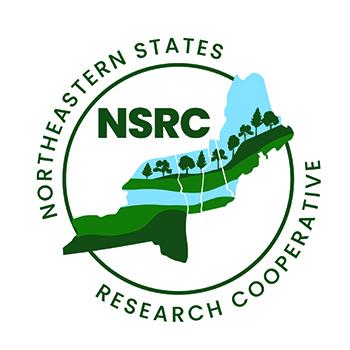Jumping Worm Invasion and Impact in the Northern Forest

Jumping worms are invasive earthworms from Asia that are invading and impacting ecosystems worldwide, including portions of the Northern Forest. Evidence is emerging that these species are damaging biodiversity, ecosystem services, forest regeneration, water quality, and recreational value in other regions. The vulnerability of specific areas within the Northern Forest to these earthworms and the magnitude of the threat they represent are unknown.
NSRC researchers will use an interdisciplinary, three-pronged approach to better understand this threat and lay the foundation for lessening impacts. First, they will conduct training seminars and develop protocols to leverage a network of professional resource managers, citizen naturalists, and gardeners to detect, report, and monitor the distribution and phenology of jumping worms in the region. Second, they will examine the environmental conditions associated with jumping worm presence and expansion to develop a model of vulnerability to jumping worm invasion in the region. Finally, they will study the impact of jumping worms on biodiversity, nutrient cycling, water quality, and regeneration at select forested sites representing an invasion gradient.
This project will provide a greater understanding of the Northern Forest ecosystem, especially the forest floor, and its vulnerability to invasive threats. Improved knowledge of the biology of jumping worm species that threaten the Northeast will assist global efforts to understand and control these species, especially in northern latitudes. Finally, this project will provide training to students at a variety of institutions and improve connections among natural resource managers and members of the interested public within the Northern Forest region.
